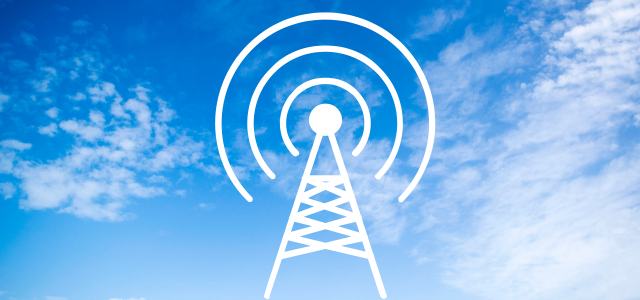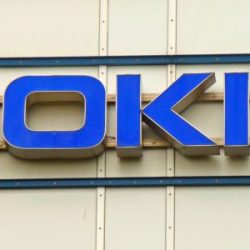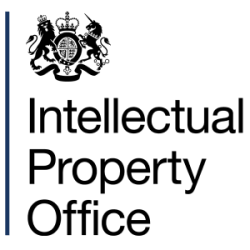In a dispute between Optis and Apple, the High Court in London found that relying on comparable licenses remains key to determining a global rate in UK FRAND (fair, reasonable and non-discriminatory) litigation, cementing the UK’s role as an important forum for standard essential patent (SEP) disputes.
The UK is one of only two jurisdictions – the other being China – where the courts will determine a global FRAND rate.
The court imposed a ‘FRAND’ license after Apple and Optis were unable to agree terms relevant to Apple’s licensing of Optis’ SEPs which relate to cellular connectivity.
Apple is not bound to accept the FRAND license, but may face a UK sales ban if it does not.
Disputes on FRAND terms often arise in SEP licensing negotiations. Litigation may follow if the parties cannot agree.
The UK dispute involved four technical trials to determine whether the patents Optis was seeking to enforce against Apple were valid, essential to the relevant standard, and infringed.
A further trial revolved around when technology implementers, like Apple, are bound to take a FRAND license. In 2022 the Court of Appeal ruled that implementers must accept a court-determined royalty for SEPs or face an injunction where those patents have been found to be valid, essential, and infringed. Apple was granted permission to appeal that ruling before the UK Supreme Court.
This new ruling, following a sixth trial, involved the High Court determining FRAND terms for future licensing by Apple of Optis’ patent portfolio.
The court found that the FRAND license should be global, following the UK Supreme Court’s landmark ruling in Unwired Planet v Huawei and the High Court decision in InterDigital v Lenovo.
After considering the terms of ‘comparator’ licensing agreements provided by both Apple and Optis, the court held that Apple should pay Optis an annual royalty rate of $5.13m for future use of its patent portfolio.
While the license would run until the last patent in the portfolio expires, the judge determined that Apple need only pay five years’ worth – $25.65m – of the annual royalty rate to cover all future use, to be paid upfront.
In respect of past infringements, the judge found Apple liable for six years’ worth of damages payable at the annual rate of $5.13m, totalling $30.78m, plus interest.
Transparency and comparables are commonly debated in FRAND disputes. This decision provides information from which both implementers and SEP holders may take guidance in future.
Written by Mark Marfé and Sarah Taylor, Pinsent Masons LLP.
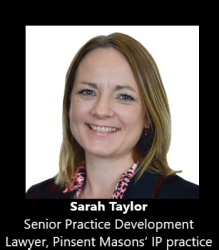

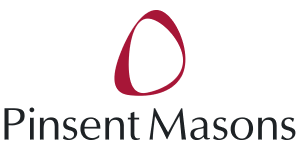
| MORE NEWS | | WRITE FOR OUR NEWSLETTER |


